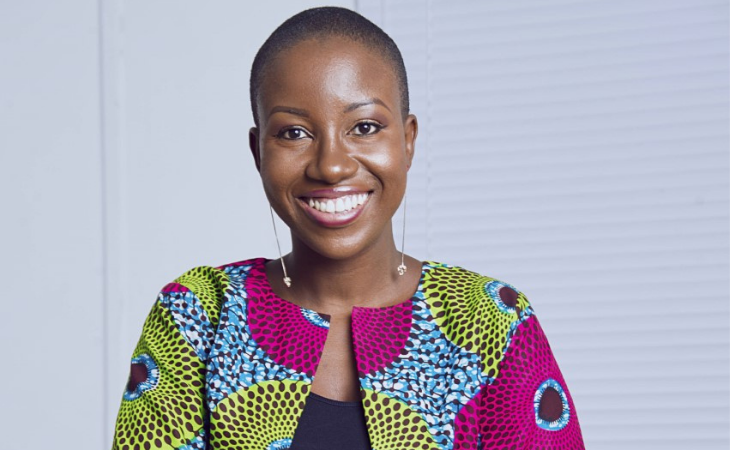Ama Duncan: The Fabulous Woman
For International Women’s Day 2021, Ama Duncan, founder of The Fabulous Woman Network discusses women in leadership with Jennifer Udeh, Head of Programmes and Partnerships at Education Sub Saharan Africa (ESSA).

Let’s talk about your work with The Fabulous Woman Network and Fab Hub Ashanti.
Let’s start with The Fabulous Woman Network. We conduct conferences, training, and events to help women grow their businesses. For Fab Hub Ashanti, it’s a physical co-working and event space for women in business. So, when you start a business with no physical space, you can come and rent a small desk or even host events.
How has the journey been so far and why did you start this movement?
It’s a long story. I wanted to practice my childhood passion which was writing, after being in the corporate world for years. Interestingly, I met my former English tutor who reminded me of how much I loved and missed writing and that did the trick. I started writing again and people loved the content I was putting out so much that it became a movement. Then I was focused on writing about women.
"I was writing anything about women, and eventually started organising events for women."
People kept showing up for the events, asking me questions on how to run a business, etc. I had quit my job then and was struggling a lot but people had no idea. This was when I saw an opportunity to meet a need. I spoke to some mentors and we started organizing training for women on starting their own businesses.
THE little I’ve heard so far about your story to me is a leadership journey. What does leadership mean to you?
Before I define that I always tell my husband that leadership is impossible to get right.
"For me, a good leader is first able to lead themselves to make the right choices in the interests of the people he or she is serving and influencing them to do same."
I see leadership as more of an influence not only through your words but actions.
Did you have to overcome any barriers on your journey to leading a network?
I think the majority of the barriers had to do with my mindset. I battled with low self-esteem because all my life I thought I wasn’t good enough. I did not feel qualified to lead and rally other women. Now I recognize that I have the support and resources needed to conquer this issue.
"The biggest thing that has worked is the people who mentored and still mentor me."
They used their own experiences to teach and coach me which was helpful.
would you say there are policies affecting the kind of career development and positions for women leadership now?
There are quite a few I can think of. Even in the field of academia, for instance, there’s a percentage of women that have to be considered when admitting students in school, it’s called Affirmative Action. In Ghana, for example, the grades needed by women to enter the university are lower than that of men. The assumption is that a woman must conquer way more than a man to get there, to some extent this is so true. In Government as well, there is a set percentage for women’s representation in parliament.
Before we wrap up, how do you think women can support each other to get into leadership positions?
By forming communities and sharing experiences. It gives us a sense of belonging.
"Women feel more confident to share their stories when it's just us."
I really want to encourage women to be in communities. I have a community of businesswomen and we talk and share a lot of experiences which helps because at times I’m struggling with something and then find out another person had a similar experience. I can reach out to them and understand how I can deal with it or how they figured it out.
This interview is part of our series of interviews with female leaders in education for International Women’s Day 2021.
Find out more about ESSA’s work using evidence to improve female leadership in education here.